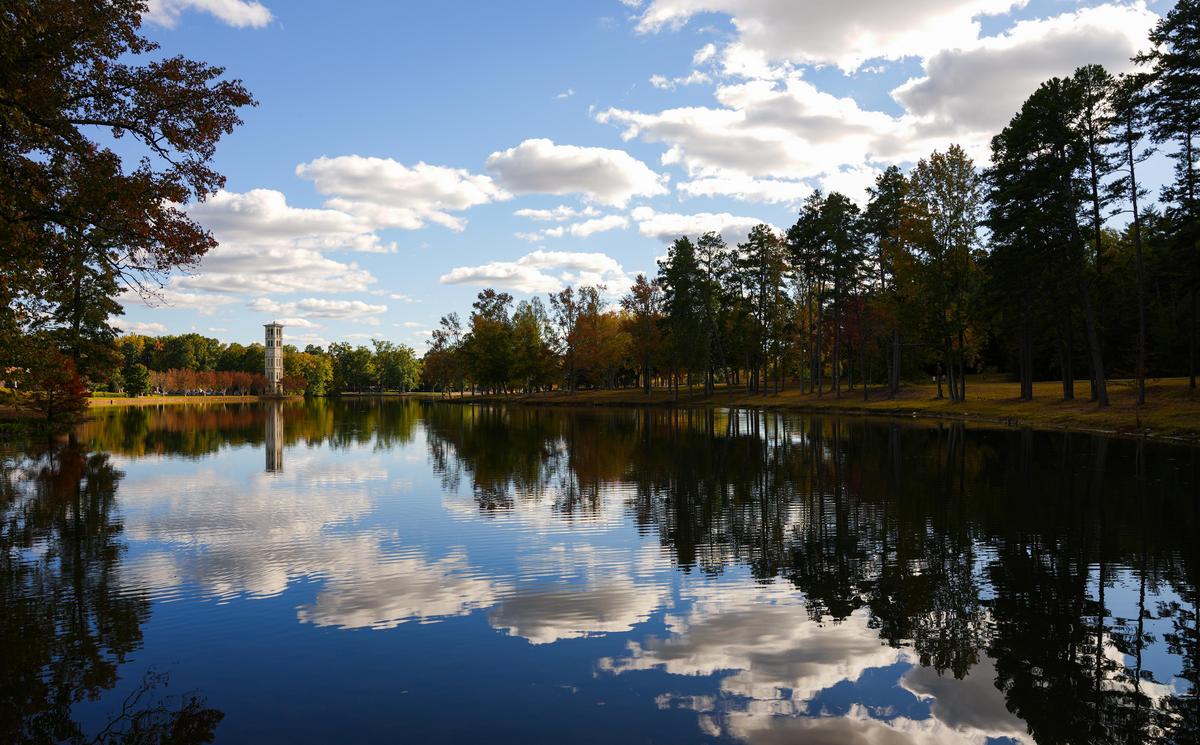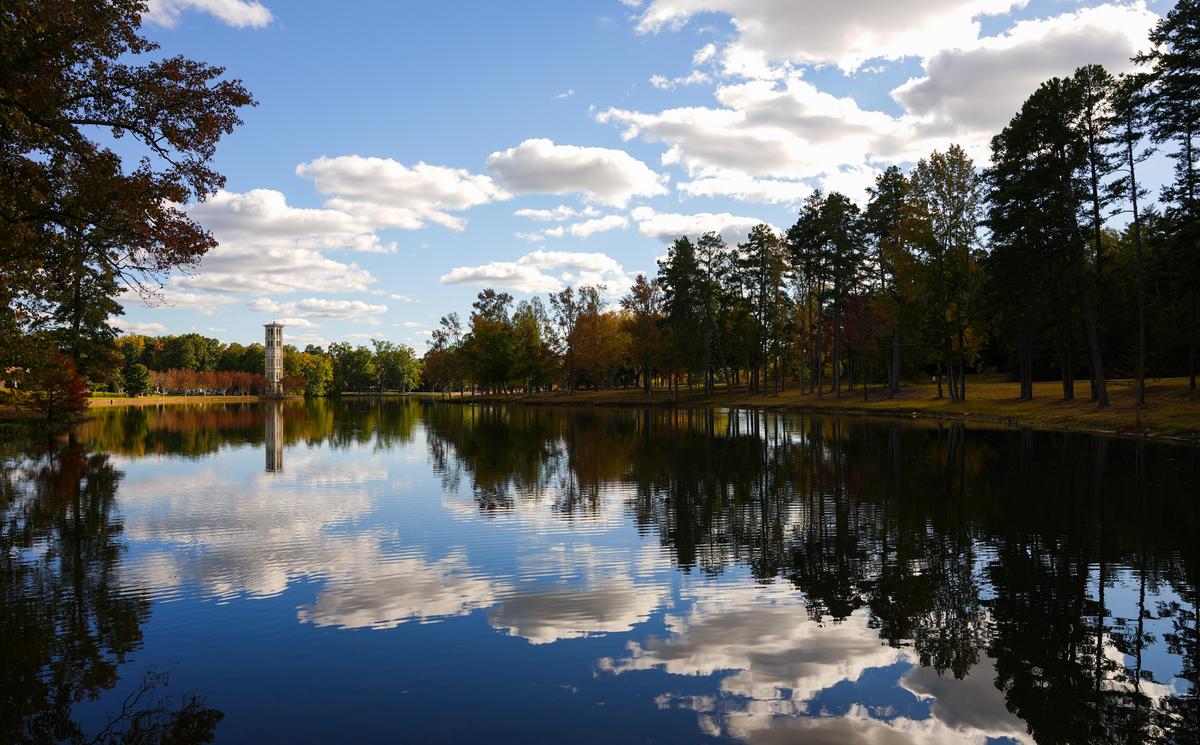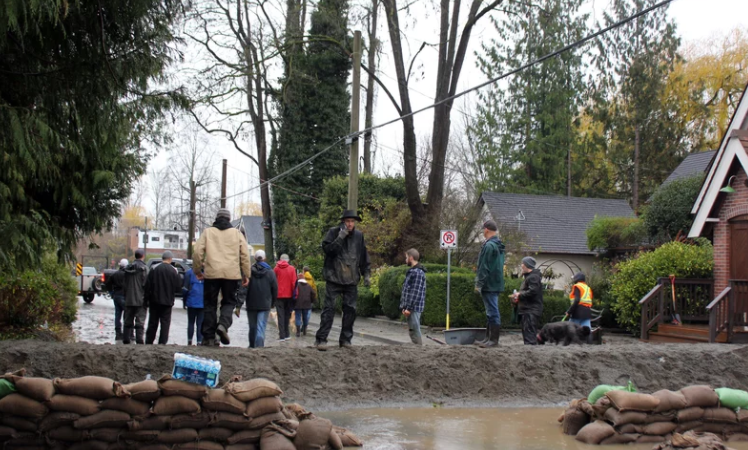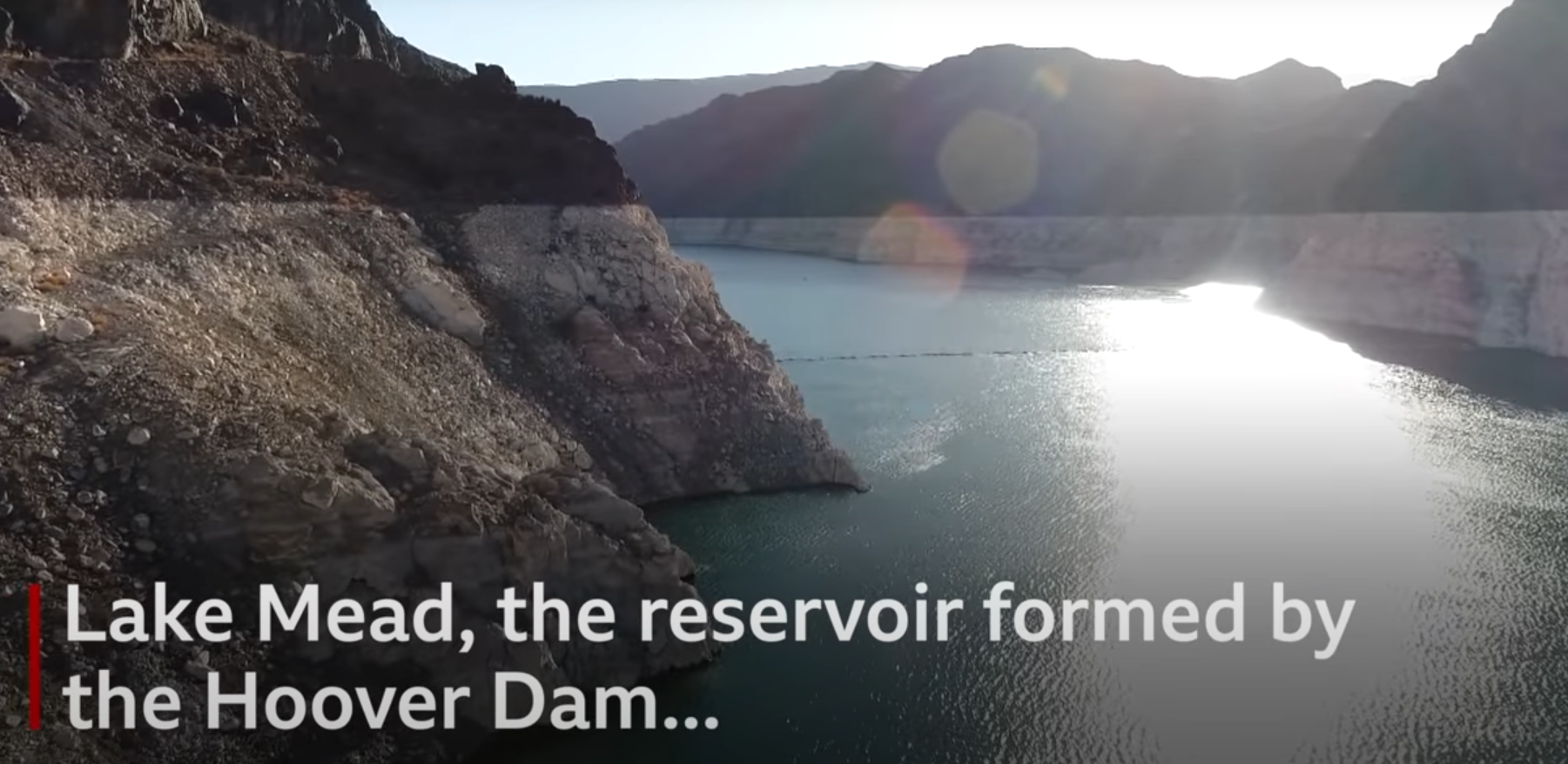he Shi Institute for Sustainable Communities at Furman University has been named the South Carolina partner in the Climate Ready America Southeast Navigator Network, a program aimed at building climate and natural disaster resilience in a four-state region. The program is led by the Geos Institute.
The Southeast Navigator Network will help 72 under-resourced communities across Georgia, Florida, North Carolina and South Carolina. The communities eligible for the program have a Community Disaster Resilience Zone (CDRZ) designation as identified by the Federal Emergency Management Agency (FEMA). Ten of those communities line the coastal regions of South Carolina and include areas in and around Bluffton, Charleston, North Charleston and Myrtle Beach.
CDRZs are FEMA-designated communities that represent the nation’s most threatened census tracts based on social vulnerability and natural hazard risk. These communities may face disproportionate impacts related to climate change, like extreme heat, severe storms, flooding, and drought.
The Shi Institute is currently hiring a climate resilience manager, who will work directly with CDRZ communities to help them take advantage of funding sources, identify capacity building opportunities and secure technical support for adapting to climate-related conditions.
“We are honored to be part of this effort and are thrilled to increase the impact of The Shi Institute across South Carolina,” said Andrew Predmore, executive director of The Shi Institute for Sustainable Communities. “Our team is excited to work with partners in the Lowcountry and Pee Dee to empower communities and help them build resilience in the face of climate change and natural disasters.”
Predmore said The Shi Institute’s involvement in local communities will be twofold.
“One way we’ll be involved is by really understanding and identifying resilience challenges,” he said. “We’ll be doing that through data analysis but also through open conversations with these communities, to ensure we are supporting the challenges as they see them and experience them.
“The other role we’ll be playing, with support from Geos, is to help communities access funding that’s intended to build resilience. There’s a variety of state and federal programs designed for supporting climate resilience, and we can offer technical assistance to increase access to those resources.
“The program is about leveraging local knowledge along with other state and federal resources in support of a more resilient South Carolina,” Predmore said, from providing guidance for stormwater management strategies to identifying funding to protect and restore natural flooding buffers, or “green infrastructure.”
Predmore expects a climate resilience manager will be in place near the beginning of the new year.




